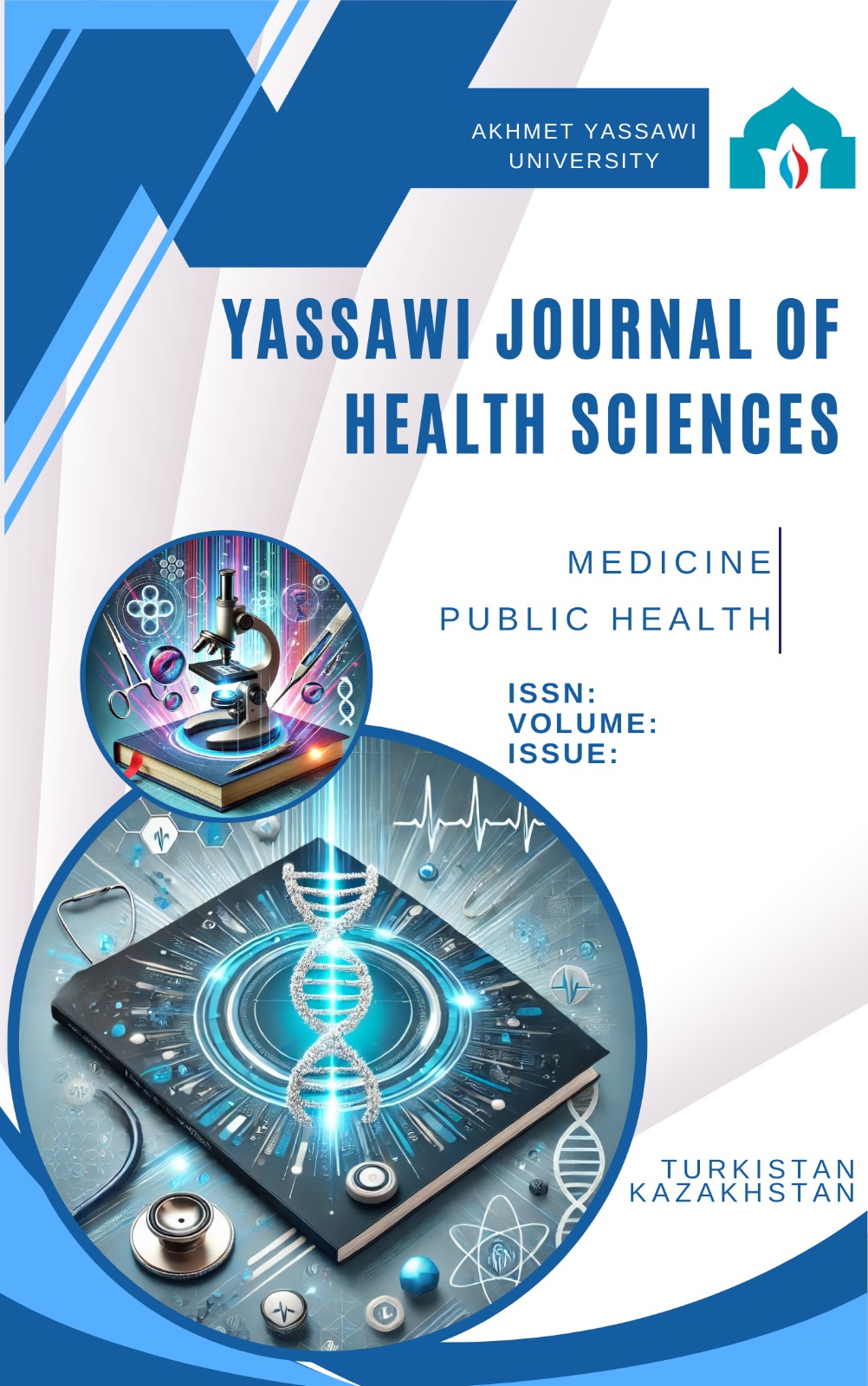THE ROLE OF GENE POLYMORPHISMS IN METABOLIC SYNDROME, COGNITIVE AND PSYCHOSOMATIC DISORDERS
133 67
Abstract
Metabolic disorders such as obesity, insulin resistance, hypertension and dyslipidemia increase the risk of cardiovascular diseases as well as cognitive and psychosomatic disorders. With the increasing proportion of the elderly population, age-related cognitive decline, defined as a gradual decline in cognitive abilities during the aging process, has emerged as an important public health problem. Genetic determinants of cognitive and psychosomatic disorders in individuals with metabolic syndrome include a large number of genes involved in the regulation of inflammation, metabolism, neuroplasticity and stress. Studies confirm that cognitive impairment in the elderly population is mostly associated with various factors such as environment, lifestyle, metal exposure, some genetic polymorphisms and diseases. The influence of genetic factors in the mechanism of development of cognitive and psychosomatic disorders in metabolic syndrome may help to understand the underlying mechanisms of the disease by identifying genetic biomarkers that indicate susceptibility to the disease. It will also provide the opportunity to select patients for monitoring and follow-up of treatment progress. It may therefore help address the challenges of early diagnosis, screening and prognosis assessment in patients with cognitive impairment with metabolic syndrome.

